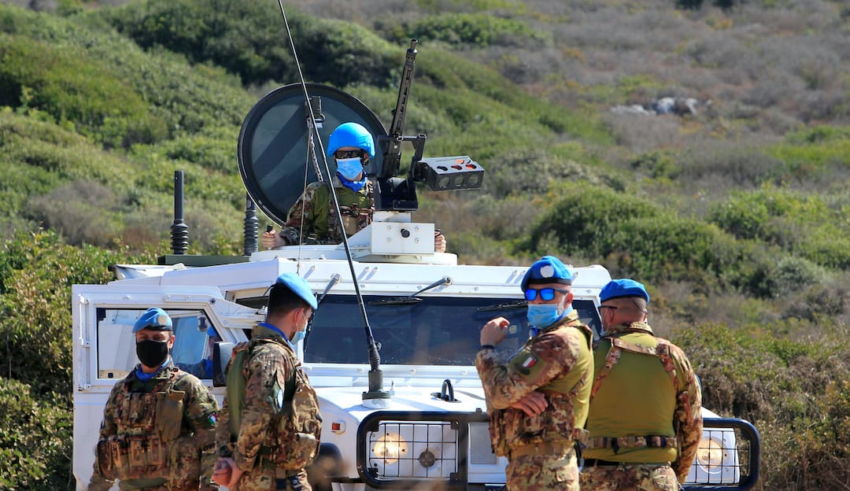
While originally conceptualized as an interposition force meant to monitor ceasefires and control buffer zones between two waring parties, the United Nations peace operations of today operate in progressively complex and intractable intrastate conflicts made worse by rapidly growing transnational issues such as climate change and terrorism. In response to these unprecedented challenges, the nature of UN peace operations has shifted dramatically in the last two decades from traditional peacekeeping missions, typically limited to political objectives related to the creation of space for negotiation, constitution-making, and elections, to robust and highly militarized operations involved in peace enforcement and conflict management in addition to peacekeeping and peacebuilding. Unsurprisingly, these operations have struggled to achieve the objectives set out in mandates of wider and wider scope, and despite recognition that UN officials are being asked to do more, often with less, and often to the detriment of operational effectiveness, this trend appears likely to continue unabated. 1
Factors to blame
Many peacekeeping scholars and practitioners point to a large and growing gap in political priorities between UN headquarters and actors in the field as a reason for mandate expansion without adequate consideration of contexts or resources. Richard Gowan, the UN Director at the International Crisis Group, points out that “the most common complaint from UN officials is that the Security Council drafts lengthy and ambitious mandates disconnected from realities on the ground.” 2 In the Democratic Republic of the Congo (DRC), Central African Republic (CAR), and Mali, for example, the Security Council has authorized the use of force against armed groups to protect civilian populations and in support of state legitimacy. 3 However, the immediate impact of these mandates has been to place peacekeepers into battles in which they are meant to be impartial third parties, which has endangered UN actors and damaged the organization’s credibility as an honest broker of peace. As a result, Sherman and Day at the International Peace Institute argue that these missions now “have little prospect of achieving their original political goals.” 4
Addressing the problem?
External and internal reviews alike have identified mandating practices as a major obstacle to more effective peacekeeping. In 2015, the High-Level Independent Panel on Peace Operations (HIPPO) Report observed that “substantial changes in the Council’s own working methods regarding the mandating…and support of peace operations seem to be fundamental to achieving real improvement.” 5 Still, the most recent resolutions renewing mandates in the DRC, CAR, and Mali continue to explicitly authorize the use of force without extensive consideration of the harms to the UN’s ability to achieve real political progress and are all over 15 pages long.6
This lack of change despite recognition of the serious problems presented to field offices by complex and militarized mandates is because concrete attempts to address the issue are hindered by a long-standing cause for dispute within the United Nations: resistance to reform by the P5. In a renewed effort to improve the effectiveness of peace operations, the Secretary-General launched the Action for Peacekeeping (A4P) initiative in March of 2018, which included “a call for the Security Council to ‘pursue clear, focused, sequenced, prioritized, and achievable mandates’”. 7 However, like previous efforts to reform mandate-making processes, members of the P5 were not receptive to language limiting their involvement and prevented a Security Council resolution endorsing the A4P initiative from being voted on in December of 2018. 8 Consequently, the tensions between Security Council members with veto powers who remain resistant to reform efforts, related to mandate-making or otherwise, suggest that real improvement to the effectiveness of peace operations around the world will remain out of reach for the time being.
References
- Ilitchev, Alexander. “Implementing the HIPPO Report: Sustaining Peace as a New Imperative?” International Forum for the Challenges of Peace Operations, Policy Brief, 2015.
- Gowan, Richard. “The Politics of Action for Peacekeeping.” United Nations University Center for Policy Research, 2 February 2019.
- Sherman, Jake & Adam Day, “Political Solutions Must Drive the Design and Implementation of Peace Operations.” International Peace Institute Global Observatory, 20 June 2018.
- Sherman & Day. “Political Solutions Must Drive the Design and Implementation of Peace Operations.”
- “The Security Council and Peace Operations: Reform and Deliver.” Security Council Report, 5 May 2016.
- United Nations Security Council (UNSC) Res 2556 (18 Dec 2020) UN Doc S/RES/2556; United Nations Security Council (UNSC) Res 2605 (12 Nov 2021) UN Doc S/RES/2605; United Nations Security Council (UNSC) Res 2531 (29 June 2020) UN Doc S/RES/2531
- Gowan. “The Politics of Action for Peacekeeping.”
- Gowan. “The Politics of Action for Peacekeeping.”
By The European Institute for International Law and International Relations.














